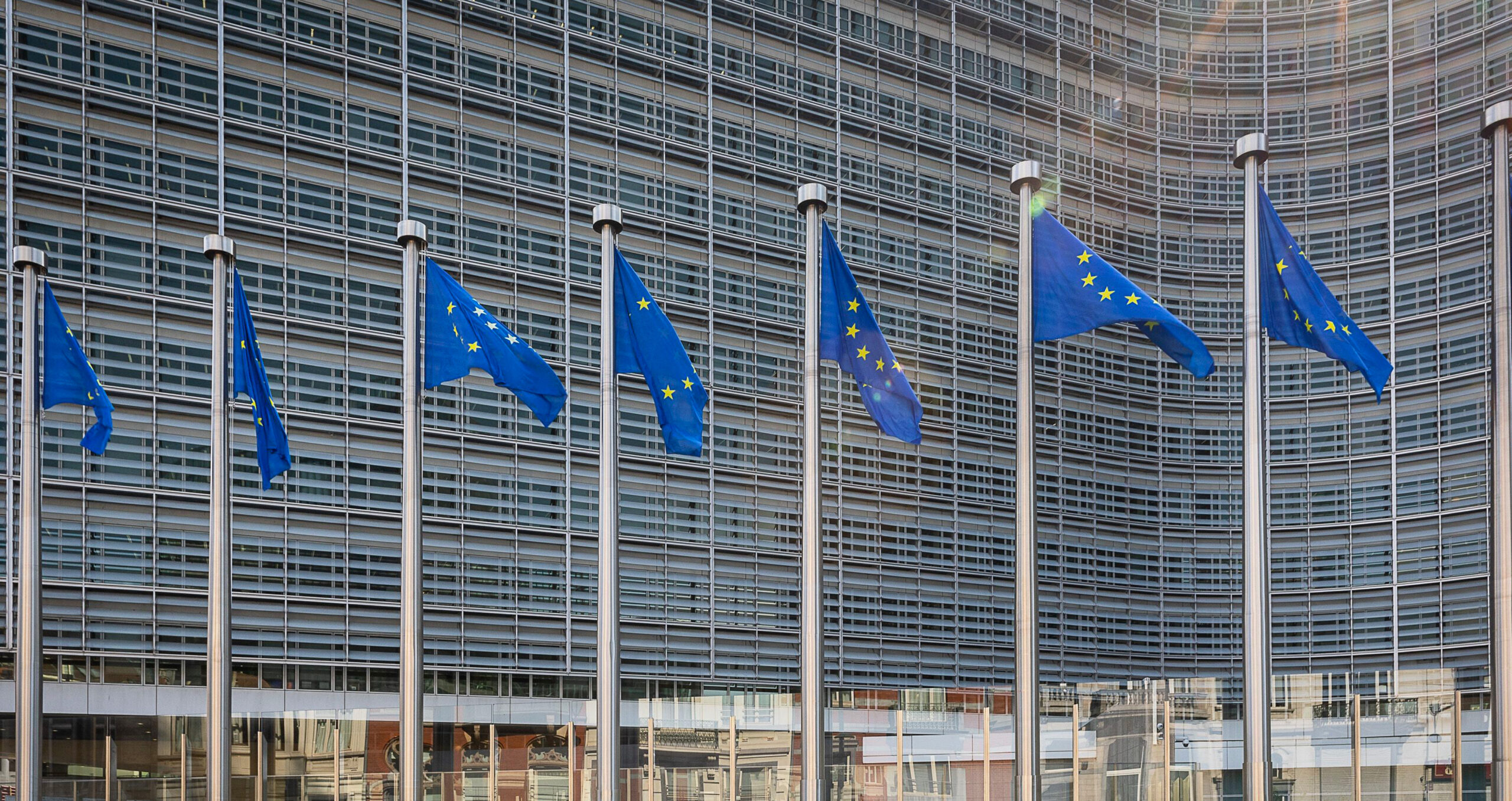
Companies could face big fines as European parliament agrees Green Claims Directive

Under new EU rules, companies would have their green claims verified before using them in advertising – with fines of up to 4% of annual turnover for those that fail to comply
Companies are advised to consider how green their products really are before they make any public claims, after the European parliament adopted its position on the proposed EU Green Claims Directive, which includes a ban on carbon offsetting claims and hefty penalties for non-compliance.
Under the report adopted by the parliament, before companies advertise products they describe as, for example, “biodegradable”, “less polluting”, “water saving” or having “bio-based content”, they would have to submit evidence to nationally appointed verifiers to substantiate their claims.
A ban on green claims based solely on carbon offsetting schemes was also agreed. However, the parliament said companies could mention offsetting and carbon removal schemes in adverts if they had already reduced emissions as much as was deemed possible and were using such schemes for residual emissions only.
Additionally, the carbon credits of such schemes would have to be certified under, for example, the planned EU carbon removals certification framework.
Claims and evidence should be assessed within 30 days, said the parliament, with simpler claims and products potentially benefiting from quicker or easier verification. Micro-enterprises with fewer than 10 staff would be exempt from the new rules, while small and medium-sized enterprises would have a year longer than larger businesses to comply.
Companies that break the rules could face stiff penalties, such as being temporarily excluded from public procurement tenders, loss of revenue or fines of at least at 4 per cent of their annual turnover for each EU member state in which they are found to be non-compliant.
Abbie Morris, CEO of Compare Ethics, an ESG compliance technology platform, said the report adopted by the parliament was “a significant step forward in combating greenwashing in European markets”, and represented “a critical juncture for businesses, introducing both challenges and significant opportunities”.
“Companies will have to adjust and invest in compliance capabilities to avoid financial penalties. This is no small feat, but it is essential to stay competitive in the market and will benefit businesses in the long term,” Morris said.
Companies that are “proactive” about environmental mandates “not only secure their future but also open the door to potential new growth opportunities, attracting consumers, partners and investors who are increasingly prioritising environmental integrity”, she added.
Morris also suggested the directive would “spark a conversation” in businesses. “In lots of companies, there is very little awareness” around green claims, she told Sustainable Views, but the directive “clearly shows the direction of travel and is a big opportunity for companies that get it right”.
On the other hand, those who get it wrong could find themselves in series hot water, she suggested, underlining that the directive covers all retailers selling into the EU: “If 1 per cent of greenwashing investigations across the UK, the EU and the US lead to fines that could be brought forward this year, the total would be $451mn.”
The right tools for businesses
According to MEP Andrus Ansip, who led negotiations on the directive for the parliament’s internal market committee, “studies show that over 50 per cent of environmental claims are vague, misleading or unfounded.”
“We cannot talk about a level playing field for our entrepreneurs while some traders are cheating,” said Ansip, who added that the directive, as adopted by the parliament, was “balanced” for both consumers and traders.
In a statement, MEP Cyrus Engerer, who led the negotiations for the environment committee, promised: “We will ensure businesses have the right tools to embrace genuine sustainability practices.”
The rules would force companies to “prioritise cutting their activities’ emissions over buying carbon credits, which is much needed to tackle the climate crisis”, said Dimitri Vergne, sustainability team leader at the European Consumer Organisation.
“They will only be able to offset the unavoidable emissions, and consumers will know which share they represent. This radically improves today’s situation, which is no less than a jungle of carbon-neutral claims,” he added.
This is not the end of the road for the directive, which will have to be taken up by the new parliament after the European elections that will be held from June 6–9. However, Morris said it was unlikely the new MEPs would sweep in and immediately overturn previously agreed laws. She warned companies not to wait until the end of the year “to see what happens”.
Similar Articles

SDGs remain off track and underfunded

Expanding UK ETS to cover heating and road transport fuels could cut domestic emissions by a quarter


